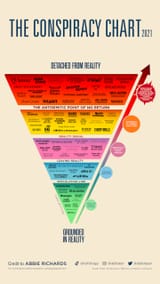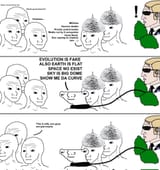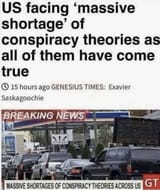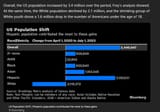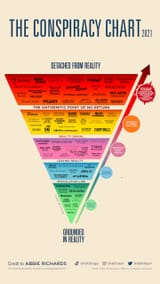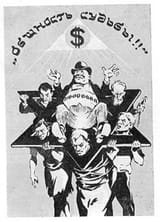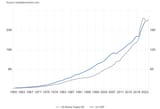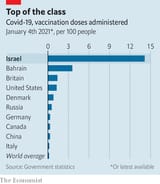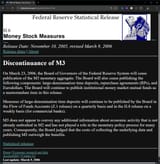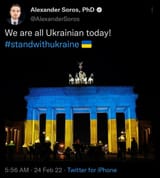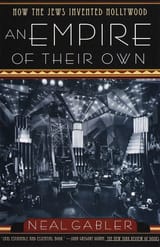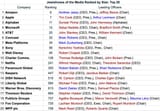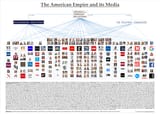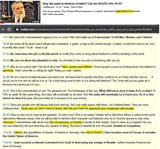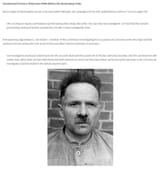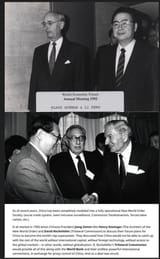Anonymous
ID: OBlUUFiJ
7/6/2025, 9:30:51 AM No.509639333
I don't believe a single America-related conspiracy theory in the past 50 years has ever been true. A tiny handful are in the "might be true" camp but the other 99.99% are blatantly untrue.
By conspiracy theory I mean an idea "alternative" sources concoct which later gets confirmed. Of course some conspiracies occur, but their initial exposure is from mainstream sources. For example, Epstein wasn't discussed until his public 2005 arrest and mainstream reporting on it.
And even the confirmed true conspiracies are usually much weaker than claimed. For example, Operation Northwoods does not actually propose harming or killing any Americans or even killing any Cubans, and the proposal was immediately rejected. Agencies come up with all sorts of scenarios and proposals to give the executive options.
It seems a lot of people believe basically every conspiracy theory is true, which could make some logical sense: if one is true, others are likely to at least be plausible. But if not any of them are true, all are ridiculous.
Even picrel is wrong to imply the "we have questions" ones are plausible. They really aren't. The simulation hypothesis one is literally more probable than the rest there, which admittedly would kind of be the conspiracy to end all conspiracies, but that's a separate topic.
By conspiracy theory I mean an idea "alternative" sources concoct which later gets confirmed. Of course some conspiracies occur, but their initial exposure is from mainstream sources. For example, Epstein wasn't discussed until his public 2005 arrest and mainstream reporting on it.
And even the confirmed true conspiracies are usually much weaker than claimed. For example, Operation Northwoods does not actually propose harming or killing any Americans or even killing any Cubans, and the proposal was immediately rejected. Agencies come up with all sorts of scenarios and proposals to give the executive options.
It seems a lot of people believe basically every conspiracy theory is true, which could make some logical sense: if one is true, others are likely to at least be plausible. But if not any of them are true, all are ridiculous.
Even picrel is wrong to imply the "we have questions" ones are plausible. They really aren't. The simulation hypothesis one is literally more probable than the rest there, which admittedly would kind of be the conspiracy to end all conspiracies, but that's a separate topic.
Replies:
